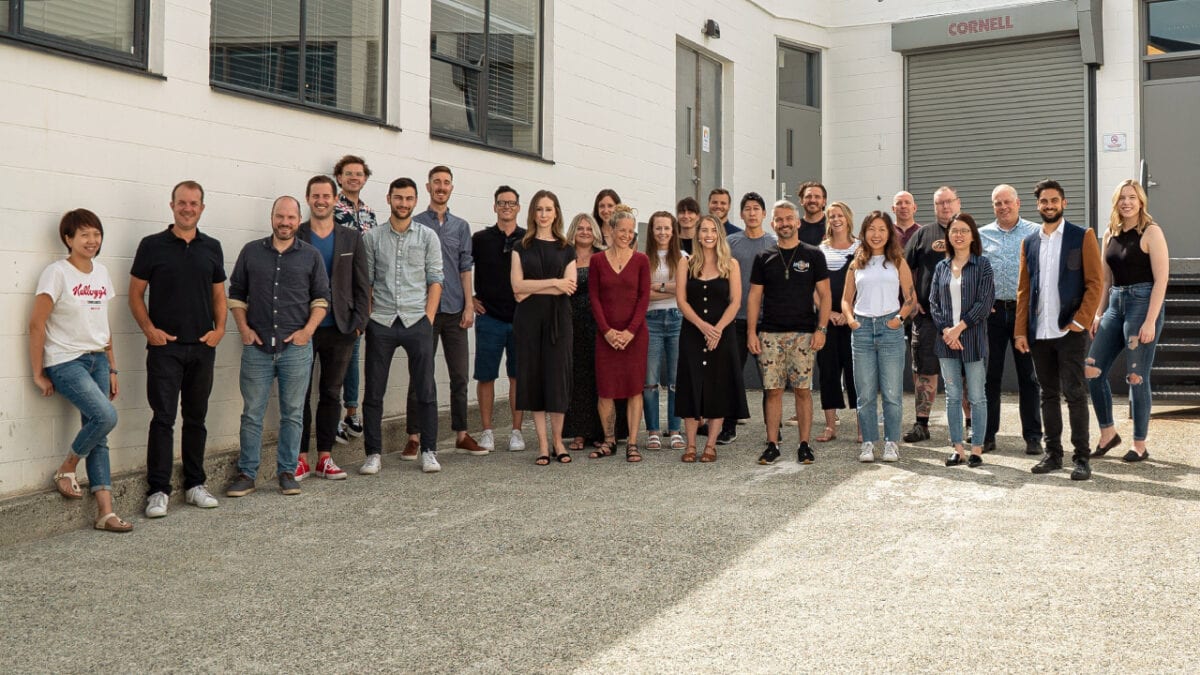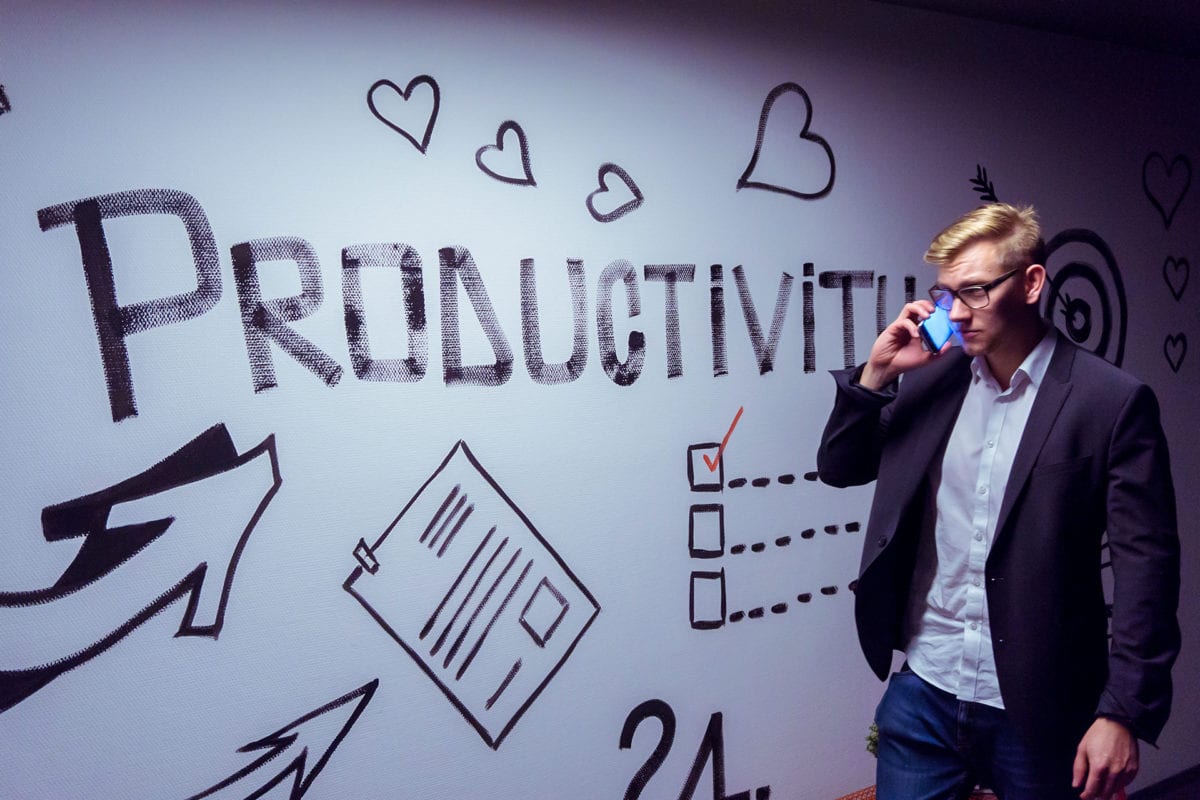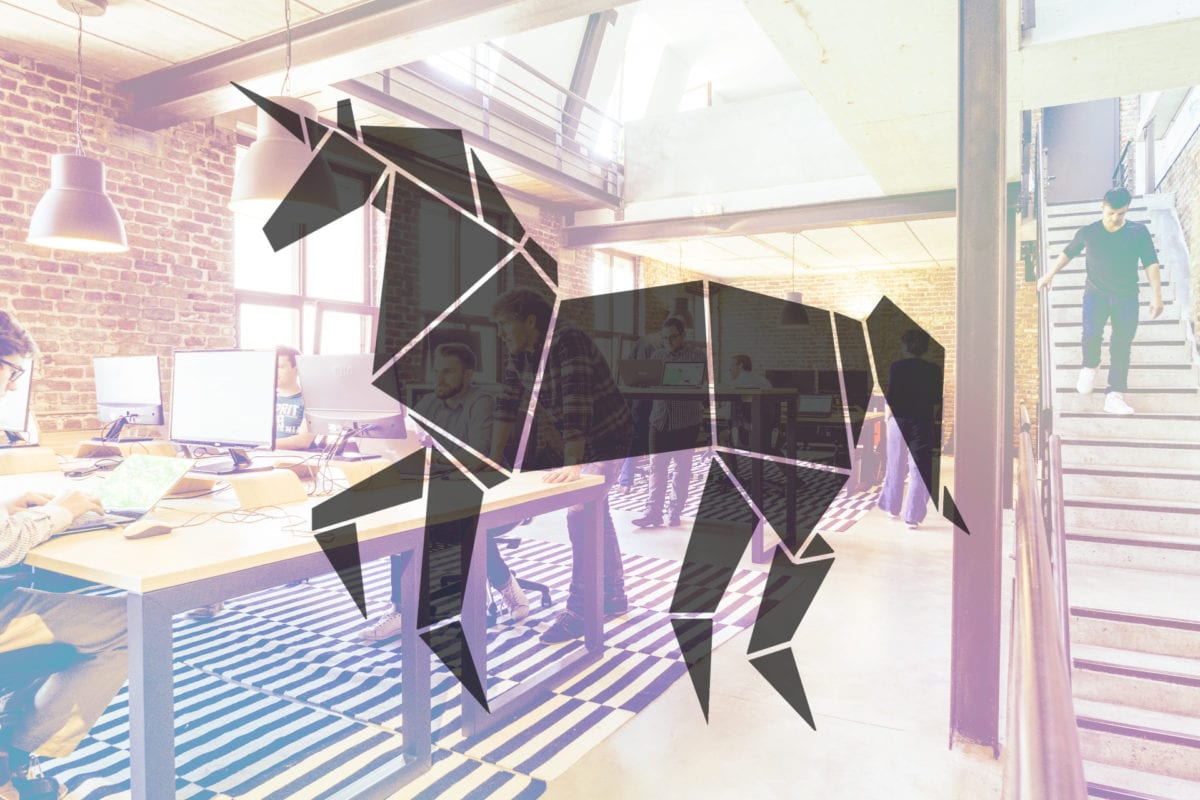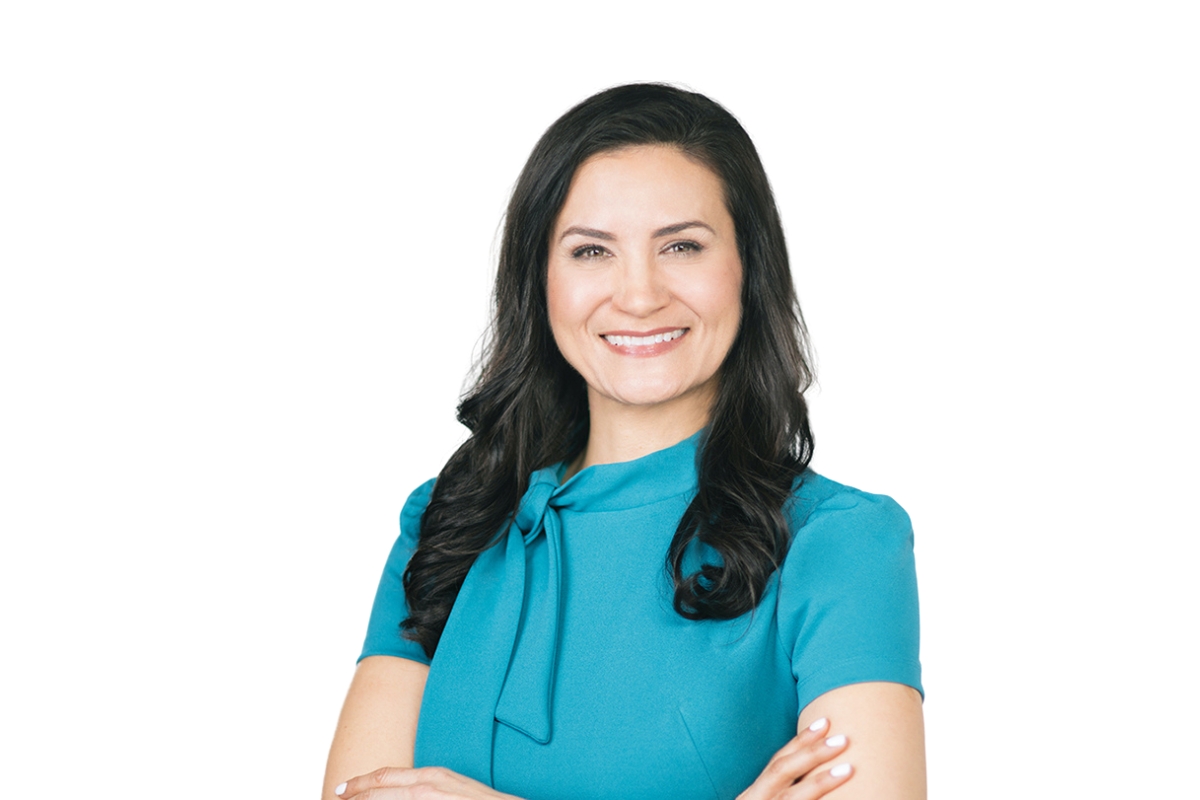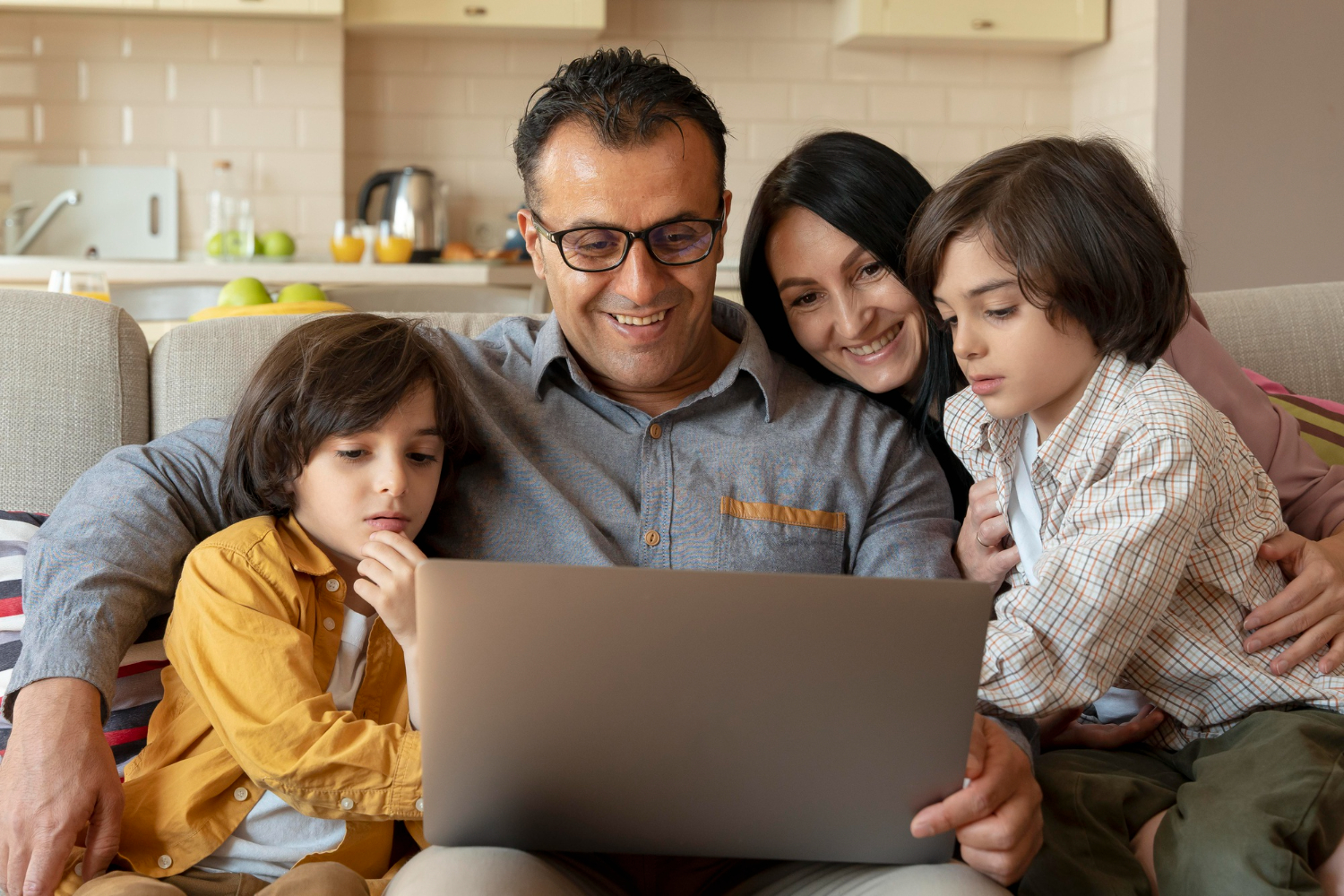Work environments and office settings looked very different this year for most people globally, having to transition to work remotely due to the repercussions of COVID-19.
For co-founder, CEO and president of Vancouver-based creative agency 123w (One Twenty Three West) it meant setting up shop with his wife at their cabin in Pemberton, British Columbia full-time, snowmobiling on glaciers, going to ice caves and going way off the grid ATV-ing and hiking—a dream he worked very hard to achieve which was part of his 7-point plan that he implemented during lockdown for his staff.
“My life goal is to live a life of creativity and adventure and I’ve been able to do that. To make the life I want to live. It’s taken me a long journey to get to this place and I’m thankful for each day,” said Keith.
But it has not always been fun and games. Launching in 2013 with humble beginnings in a small garage in Vancouver with co-founders Jeff Harrison, Bryan Collins and Rob Sweetman, the agency has now grown to be named Canada’s top Small Agency of the Year 2020 by Strategy Magazine.
“Our business model is ‘Low Overhead, High Talent’. The money we save on our space and all other overhead is put directly to hiring the very best and most experienced talent. The main motivator for us is to do great work with great people and have a great collective experience doing it.”
Keith took time off his exciting adventures to speak with us about the creative marketing industry, and his personal journey.
Like many great entrepreneurs and large companies, 123w also began in a small garage owned by one of the founding members, Jeff Harrison, in suburban Vancouver. How did the concept of 123w come about and how did the four co-founders find each other?
I worked with Jeff Harrison at Palmer Jarvis DDB in Vancouver for several years (2002-2006) before I was transferred to PJ DDB Toronto. He was awesome to work with and I knew he was going to be great. Jeff later went over to Rethink Vancouver and became a partner and their head of design. That’s where he met Rob Sweetman and Bryan Collins. They were all killing it at Rethink. Rob and Bryan later left to become creative directors at Cossette Vancouver and then helped start up Dare Vancouver, which was a digital arm of Cossette. We were all running some of the top agencies in Canada. After PJ DDB Toronto, I went to Lowe Roche and then helped start up Zulu Alpha Kilo.
I started my first company called, Kommunity. The whole business model was about using the Kommunity of Talent I knew all over the country and world. I kept my overhead to a minimum. I started winning all of these great clients such as Electronic Arts, Hockey Canada, BCAA, Canadian Pacific and so on. I enjoyed it. I did miss the camaraderie of working directly with others though. One day out of the blue, Bryan and Rob reached out. I met with them. I knew of them but didn’t know them. We hit it off. And when they told me Jeff was interested in doing something too, we all met together—in Jeff’s garage. We started the entire business first with our happiness goals in life and in business. We then created a business plan that adopted my low overhead philosophy and it took off from there.
Can you take us through the journey from the garage to expanding into Toronto (from the agency’s home-base in Vancouver) to this year when 123w was named Canada’s top Small Agency of the Year, for Gold-winning campaigns for White Spot and BC Tourism. Additionally, the Vancouver Island Brewing campaign also named the Small Agency Campaign of the Year?
We were just four people in a garage. But I was business/strategy, Jeff was design, Rob was art direction and Bryan was copywriting. We had a mini full-service agency. In a garage. We got a lot of press at our launch (front page of the ROB section of the Globe & Mail. We just rolled up our sleeves and got our hands dirty. We won projects from Kal Tire, 7-Eleven, BCAA, BC Lottery Corp, Boston Pizza, Muskoka Brewery and Mercedes-Benz Vancouver.
Our first website was nuts. It featured people from fiverr.com telling our story. It cost $600 and we won a Cannes Lion for it as one of the best websites in the world—only 9 weeks after we started.
As we won more accounts, we hired some of the best people in the country. We hired good people with good character. The work we do has to work for our clients, or we won’t get hired again. We’ve been fortunate enough to do a lot of good work and attract a lot of good clients. We’ve now been around for 7.5 years and are the top Small agency (they call you that if you have 50 or under people) in Canada. Last year we were #2, so we tried harder and made it to number one this year. In a very tough year. We now have about 38 staff members and it’s the nicest group of talented people.
What were some of the greatest challenges that the agency had to undergo since inception and what lessons as first-time entrepreneurs did you and your partners learn from these challenges?
The biggest challenge is that even when you’re four people or up to 15 people, we’re competing with other agencies that may have 200 offices around the world and 5 000 staff. So, you can’t really compete by playing their game. You have to create your own. The big, multi-national companies we compete with are like the army, so we’re like the Navy Seals. The money we save with our low overhead is put directly into hiring the very best talent. Better talent does better work.
So what we learned is while everyone zigs, then zag. And zag hard. That’s why our low overhead, high talent positioning has worked so well. We have 15 working creative directors now, which is unheard of in our industry.
When crisis mode hit with COVID-19 and the subsequent lockdown, the partner’s brainstormed a seven-stage plan that included measures such as reducing the five partners’ salaries. Can you elaborate more on this plan and was it the saving grace for the agency during these unprecedented times?
When it hit, it hit fast and hard. We were getting projects cancelled by the hour. I was legitimately worried about our long-term operations if things had continued at that rate. So we did work around the clock to create a 7-point plan on what to do.
We were always very conservative in our cash flow. We left a lot more in the bank then what we’d pay ourselves. I’ve been in the business since the early 90’s. The reality is that every 8-12 years, there is a significant economic downturn. So we were prepared for the worst. The other important thing is that we absolutely care about our staff and their families. Our industry is infamous for not caring much about their employees. We own our company therefore have the ability and autonomy to invest in our people. Did we lose money when COVID hit? Yes! But we didn’t lose any people.
In our 7-point plan, point #7 was layoffs. We transparently told everyone what our plan was and guaranteed them a job for a month at a time. There was no point saying everything was fine when we didn’t really know ourselves. So we scrapped our previous business goals and our new goal was to just work for ourselves, our families and our clients. Our motto was “Keep on Keeping on”. It worked. Everyone rallied. We’re closer than we ever have been.
Take us through the process from inception of pitching for a new account, to creating an award-winning campaign.
Each pitch is a bit different. But the best and most fair pitches are when we are asked to provide a background on who we are, show relevant and other work we’ve done and explain the process of how we’re going to work together. We have a very strong new business track record.
If we win the business, we start everything off with a collaborate planning session that we call and ID8 Planning Session. We methodically go through everything on their business when it comes to branding and marketing. Those meetings work well because we’re working together on the plan. From there, we go into the work. We believe that the quantity of our ideas gets us to quality.
Winning a prestigious national award takes a lot of hard work, determination, and talent, which would not have been possible without an amazing team / staff. What are three core criteria you look for in a person when hiring?
Talent they already have. What have they done so far and where do we think they can go? It’s very much like evaluating a sports athlete.
Their character. It’s critical. They must have good character. There’s a lot of terrible people in our industry. People who have talent, but are awful to work with. We look for people who are going to be great team member—who are collaborative and respectful to our employees, our clients and all partners.
We’re unique. We’re different. We’ve created a culture. We all have to buy into it or it doesn’t work. We’re not cult-y by any means. We just want people to be pros, come in to do great work that truly works and collaborate with each other in a positive way. It’s one of the reasons we’ve only had 7 people leave our company in 7.5 years.
Looking back on the first day ‘on-the -job’, what were some of your initial fears as a new entrepreneur and how did you conquer these fears?
My biggest fear pushed me to start my first company and then 123w. After 18 years working for other companies and later on working for people that I didn’t respect based on how I thought they mistreated the staff—my biggest fear was doing that forever and not creating the life I wanted to live. Once I did it and it worked a lot quicker than I thought it would —I just wished I would have done it earlier. Ha. But maybe I wasn’t ready for it earlier.
What has been your most fulfilling campaign and why?
My favourite will always be Hockey Canada’s, “Relax, it’s just a Game” campaign that launched in 2002. I started the whole initiative. I pitched my agency at the time and cold called Hockey Canada. The campaign focused on getting parents to calm down at the rink. Things were getting so bad at the time that a father in Massachusetts killed another father after a hockey practice in front of their kids. I had a personal epiphany and wrote up a deck on day. Then I relentlessly pitched it. Our creative team did phenomenal work. We launched live on two Canadian television networks. It went global!
If there is one thing you could change since becoming an entrepreneur, what is it and why?
I wouldn’t change a thing. We’ve had many highs and some lows, but that’s life. I’m very fortunate to do what I love with great people.
Veruschka Mungroo | Senior Editor

